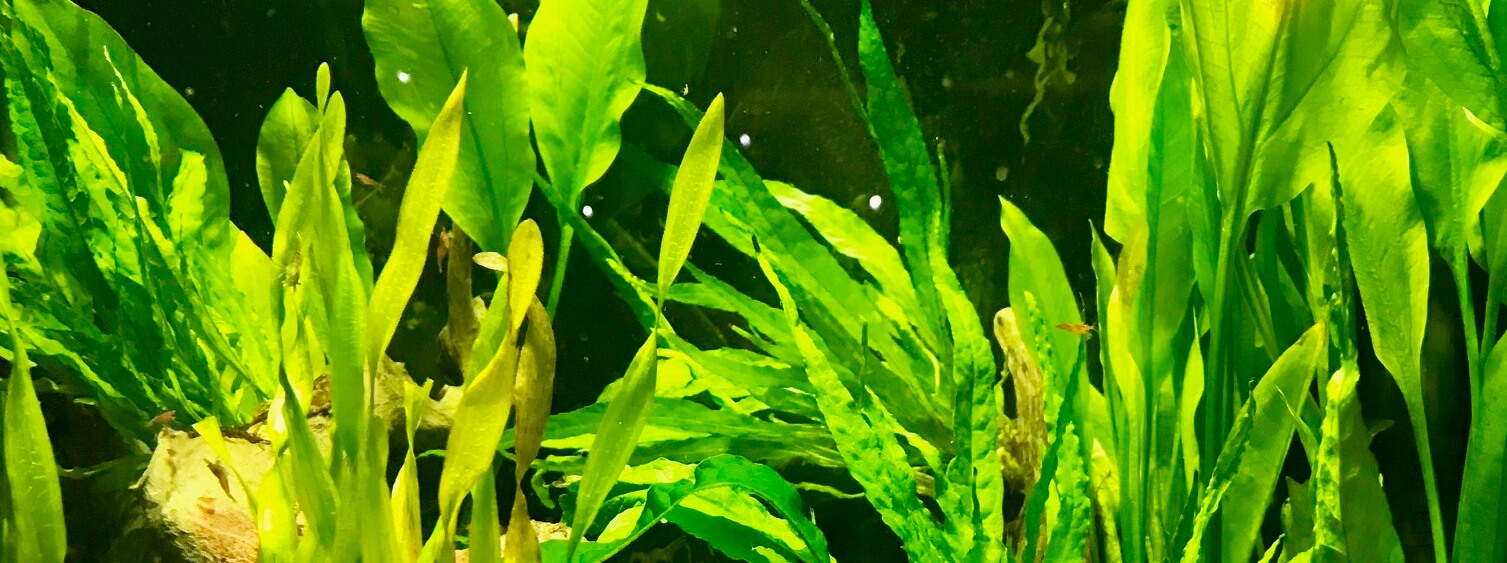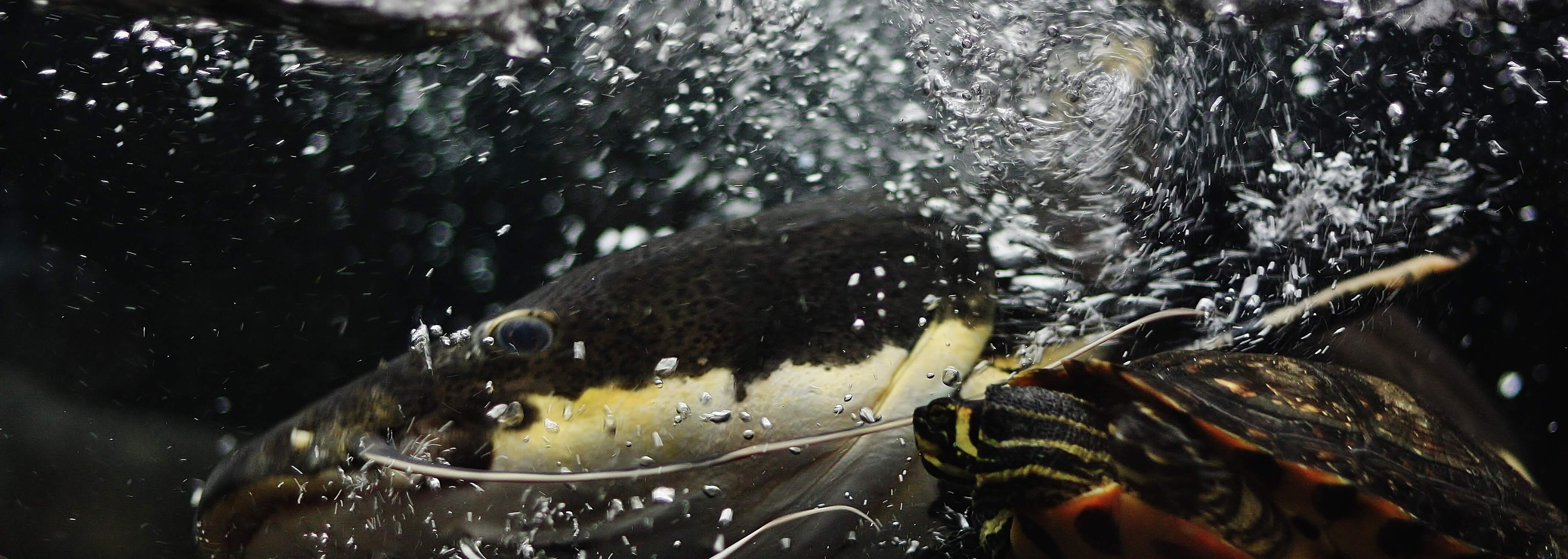We are proud to help raise awareness for WaterAid!
If you take clean water for granted, you’re not alone. Many of us take having access to clean water in our homes or work places in the UK for granted. However, sadly there are many communities all over the globe living in areas where there is limited or no access to clean water. That’s why at Bristol Aquarium we are proud to stand alongside Concept Cubicle Systems in their Postathon Campaign to help raise money for WaterAid. By posting this article on our website, we are donating £10 to WaterAid and helping thousands of communities around the world gain access to clean water for their families.
How to save water at home
All of us can make small daily changes to the way we use water. So, to help you, we have listed a couple of simple ways you can save water at home:
Turn off the tap: running the tap while brushing your teeth is one of the most common ways to water is wasted. Simply turning the tap off while you’re brushing your teeth can save more than 4 gallons of water!
Install a modern toilet: if your home does not have a modern bathroom system, it is time to upgrade. Installing a modern toilet means you will waste as little as 1 gallon of water per flush.
Do not use the garden hose: watering your garden with a hose can waste as much water in one hour as a family of four uses in a single day! Isn’t that shocking? So, turn your hose off.
Upgrade your dishwasher: Old dishwasher models are very inefficient, wasting as much as 13 gallons of water per wash cycle. Whereas, new dishwasher models only use 4 gallons of water per wash cycle.
Fix leaking taps: having leaking taps in your home is a common problem and one of the biggest water-wasting culprits in the UK – wasting a shocking 5,000 litres of water every year. So, if you have a leak tap, call in the professionals and get it fixed.
Avoid buying bottled water: not only does this reduce your plastic consumption and help the environment, but 1/3 of the money we spend on bottled water in one year, could pay for projects helping provide water to people in need. So, instead of buying a bottle of water, bring a reusable drink bottle and donate that extra £2 to charity instead.
Shower, don’t bath: we all know that showers are far more water-efficient than baths, and yet so many of us run the bath every day! However, did you know that for every bath you have, you could be wasting 70 gallons of water? A shower in comparison only uses 18 gallons of water per wash. So, think again before running the bath at the end of a long day.
Why raising water awareness is so important
We should not still be living in a world where communities do not have access to clean water but we do and it’s 2018! So, raising awareness about water wastage has never been more important than it is today. And if you don’t believe us, here are the facts:
- 3 billion people on the planet do not have a toilet of their own.
- 844 million people do not have access to clean water close to their home.
- 200 million working hours are lost by women having to collect water for their families every single day.
- Due to children contracting water-related illnesses, 443 million school days are lost every year.
- 80% of all diseases and illnesses contracted in the developing world are water-related.
- Every two minutes a child’s life is taken by dirty water consumption and diarrhoea.
- Every single hour 200 children will die from drinking unsafe water.
- 31% of schools worldwide are unable to provide safe drinking water for their students.
- 3 billion litres of water are wasted throughout the UK through leaks every single day.
- In the developing world, 50% of all water is lost through leaks in the cities.
- If you were to fill a jug with water to represent all the water in the world, the fresh water available would only equate to one tablespoon worth.

How we save water at Bristol Aquarium
Here at the Bristol Aquarium we are extremely careful in considering how we use and save water effectively. To save water, we utilise a process called Reverse Osmosis (RO). This collects water from the natural environment in our botanical houses and purifies it using a membrane. The water is collected and fed to our plants and into our smaller life support systems, including our live corals which depend on the purest water (with the addition of salt to the mix).
The reason we use RO water to feed the plants in our botanical houses is because it creates a more self-sustaining environment. For any additional water requirements, we use a smart sprinkler system which regulates the amount of water used at specific times of day, before and after we’re open to the public.
We filter the water from our tanks
When we are performing back washes on our systems, we filter the water that comes from the tanks and use this filtered water to clean our water filters! This means we can re-use the same water when performing cleaning maintenance duties, instead of wasting fresh water unnecessarily.
Our Water is Delivered Locally
Rather than using fresh water and mixing this with salt to top-up our systems, at the Bristol Aquarium we get our water delivered once a week from the sea. We use a responsible company who extracts filtered water and delivers it to us so that we can keep it in holding tanks, filter it, check water qualities and temperatures, before adding it to our main systems. This water is then re-used for all cleaning and maintenance and will naturally evaporate from displays.
We are Proactive in Maintenance
One of the most important measures we take on a daily basis is the maintenance of our pumps, valves, and tanks to ensure we can prevent leaks. Our maintenance team are all highly skilled and hardworking, with many teams proactively working behind the scenes to ensure we are being as efficient as possible with our water management.
It is clearly important to be aware of how much water we are using and how much is wasted. After all, if we all made a few small changes in our water consumption habits, we can help change the future for the better.
Published: 24/08/2018

